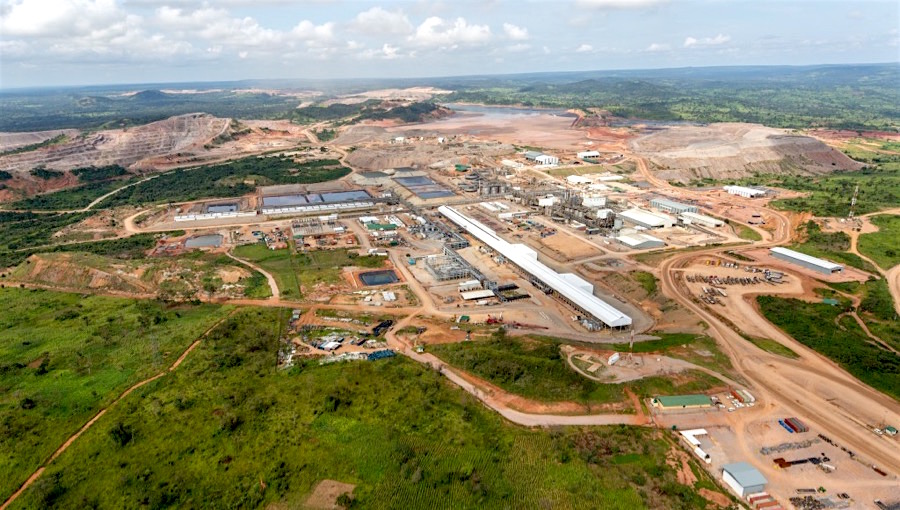Congo deploys army to protect China Moly’s copper mine from illegal miners

Congo’s military has deployed hundreds of soldiers to protect a major copper and cobalt mine owned by China Molybdenum Co Ltd from illegal miners, an army spokesman said on Wednesday.
The Tenke Fungurume mine is one of the largest in Democratic Republic of Congo, which is Africa’s leading copper producer and the world’s top miner of cobalt, a key component in electric car batteries.
Mining companies operating in Congo, which include Glencore , Ivanhoe and Barrick, routinely say the presence of illegal miners on their properties is one of their greatest challenges. As many as 10,000 diggers have been estimated to operate in and around the Tenke mine.
The army deployed several hundred troops on Tuesday to the Tenke mine, spokesman Colonel Emmanuel Kabamba said.
“The hierarchy decided to deploy soldiers to secure the company because the company contributes to the economy of this country,” Kabamba told Reuters.
China Molybdenum did not immediately respond to a request for comment.
The watchdog group Southern African Resources Watch (SARW) said in a statement that the deployment was “dangerous and potentially counterproductive”.
“The deployment of soldiers, if not well managed, risks leading to unfortunate human rights abuses, which could tarnish the reputation of the company and the supply chain for Congolese cobalt,” it said.
Previous army deployments to Congolese mines have generated controversy. Government troops killed scores of civilians in 2004 in the copper-mining town of Kilwa as they battled a small group of ill-equipped rebels.
Nine Congolese soldiers were tried for war crimes and three employees of Australia’s Anvil Mining were tried for complicity in war crimes over the killings. A military court acquitted them all in 2007.
The electric vehicles revolution has fuelled rising demand for cobalt, but human rights groups have raised concerns about a supply chain they say is tainted by child labour and other human rights abuses.
(By Aaron Ross; Editing by Elaine Hardcastle)
Update: Ivanhoe published a statement later on Wednesday afternoon to correct this story, saying the company “has not made any statements about illegal miners on its mine development projects in the Democratic Republic of Congo.”
{{ commodity.name }}
{{ post.title }}
{{ post.date }}




2 Comments
A. J. Castle
I concur with SARW. It would be much better to fence off or declare out of bounds the main mining site, but allow access to tailings areas or nearby property unsuited for industrial mining. . Locals could be screened and given I.D. for access to tailings. Some companies have paid informal sector miners and bought their mineral products. Mining Associations in Canada and European nations could likely support set up. But there is a need to be very clear about rules and responsibilities and local officials and police/ military need to be engaged constructively to avoid casualties, social unrest and resistance by the nearby communities.
A. J. Castle
Your comment is awaiting moderation.
I concur with SARW. It would be much better to fence off or declare out of bounds the main mining site, but allow access to tailings areas or nearby property unsuited for industrial mining. . Locals could be screened and given I.D. for access to tailings. Some companies have paid informal sector miners and bought their mineral products. Mining Associations in Canada and European nations could likely support set up. But there is a need to be very clear about rules and responsibilities and local officials and police/ military need to be engaged constructively to avoid casualties, social unrest and resistance by the nearby communities.